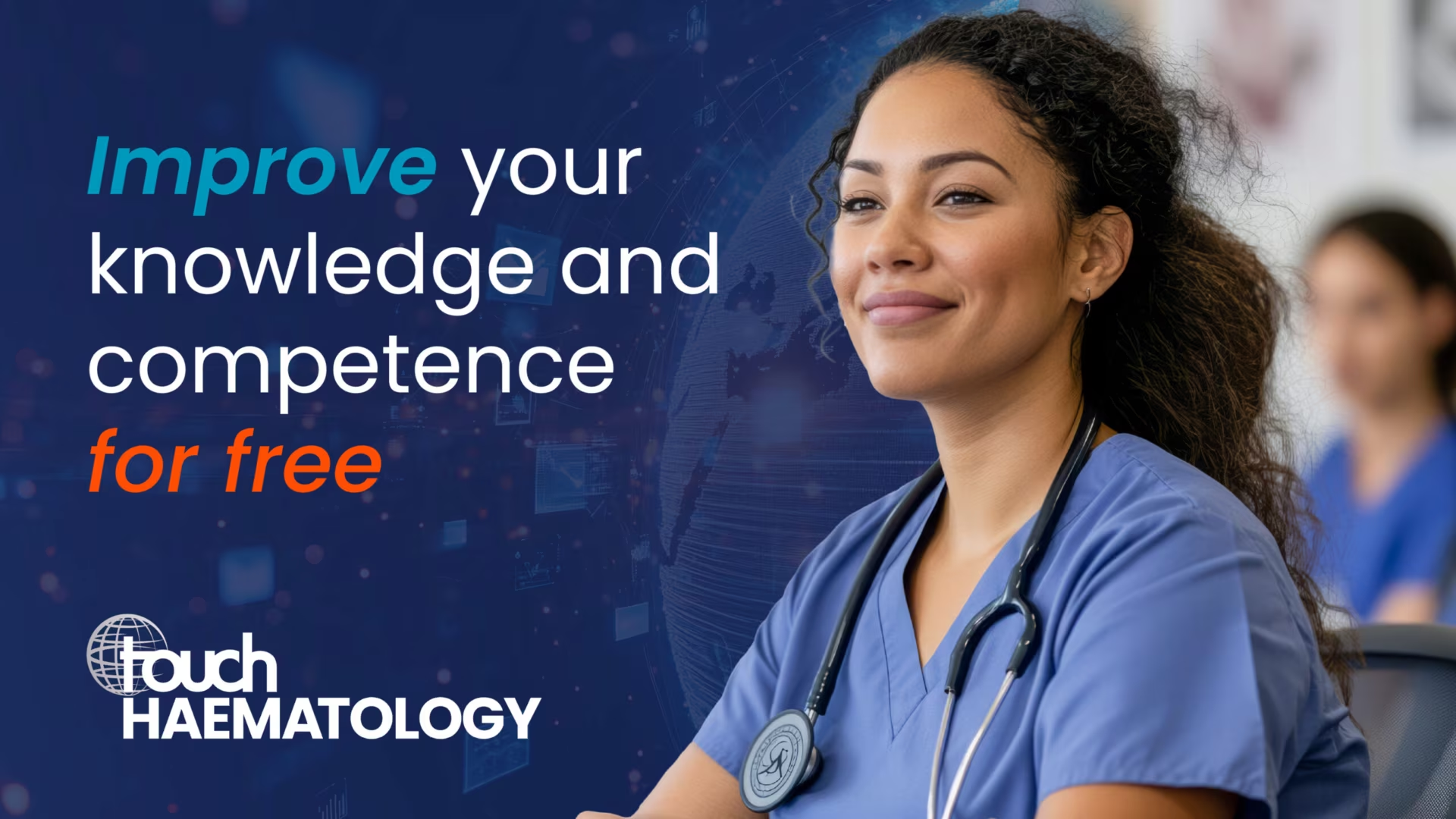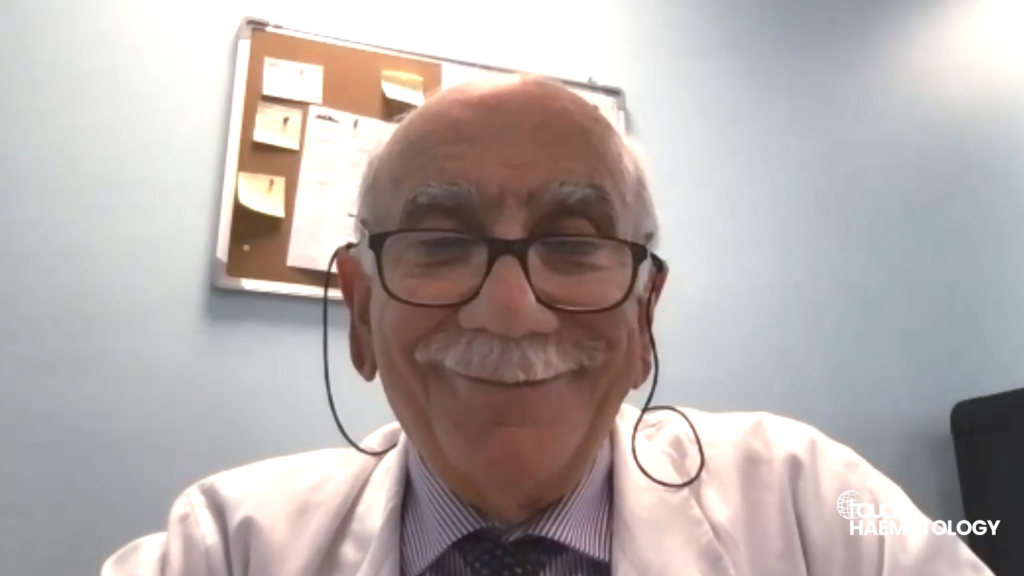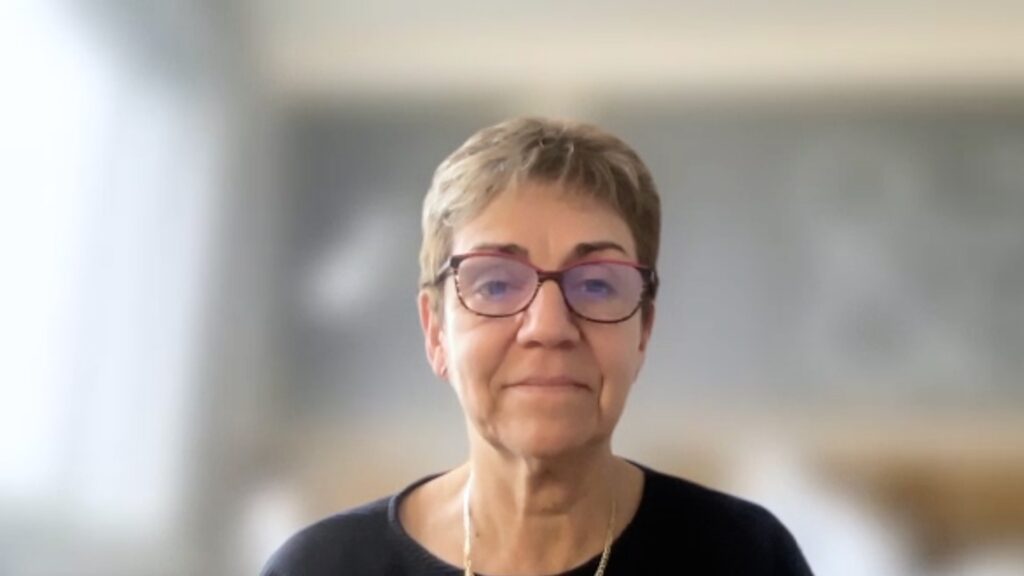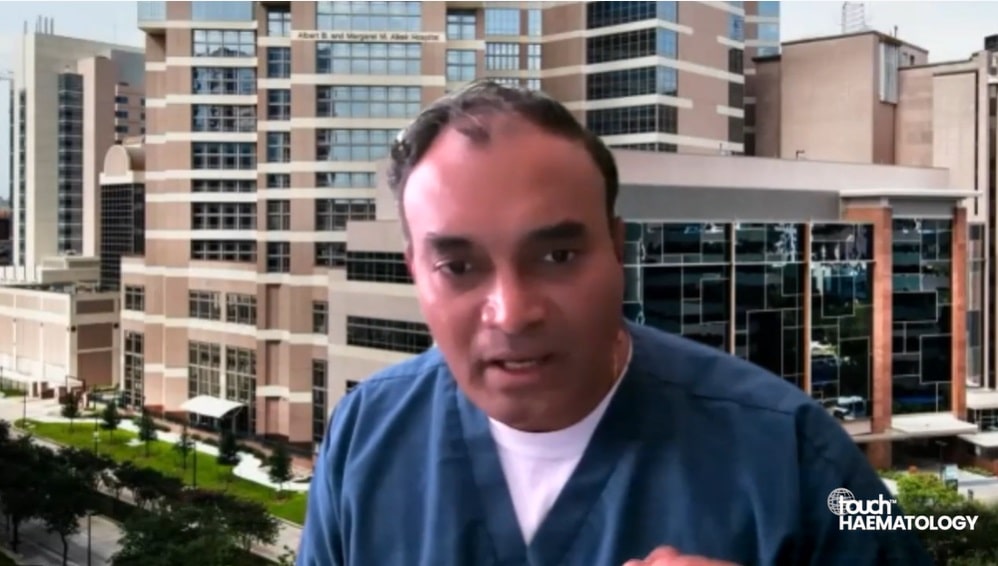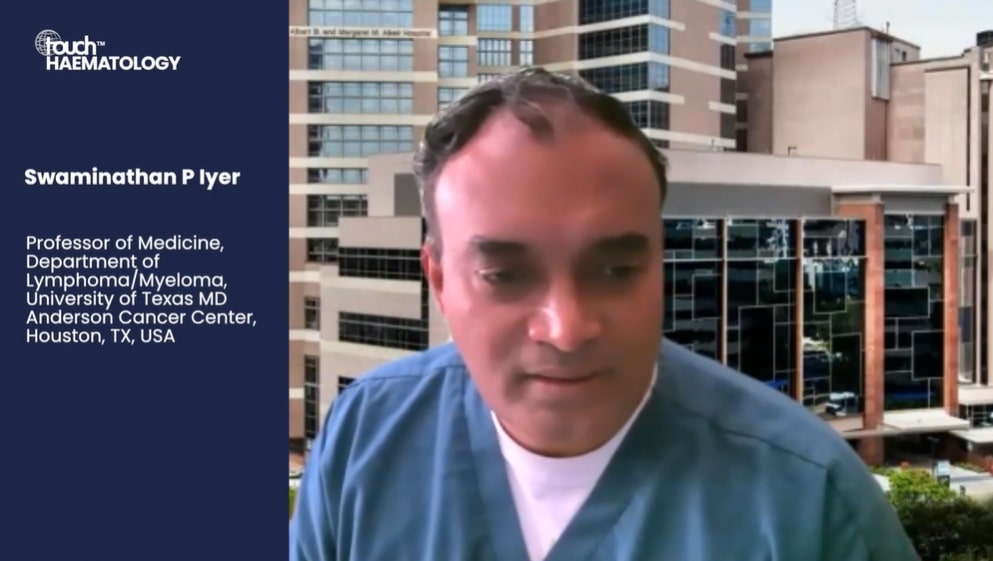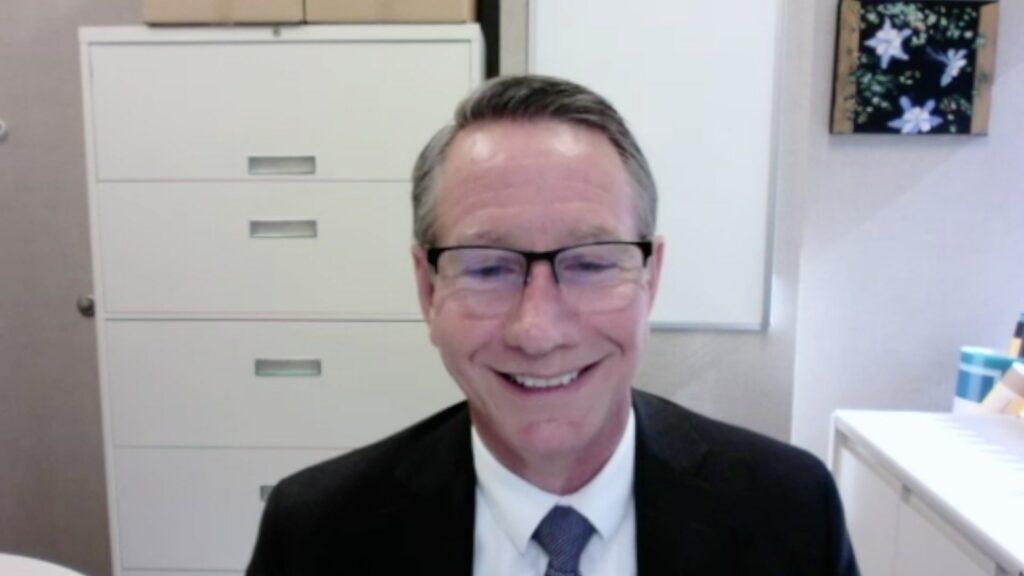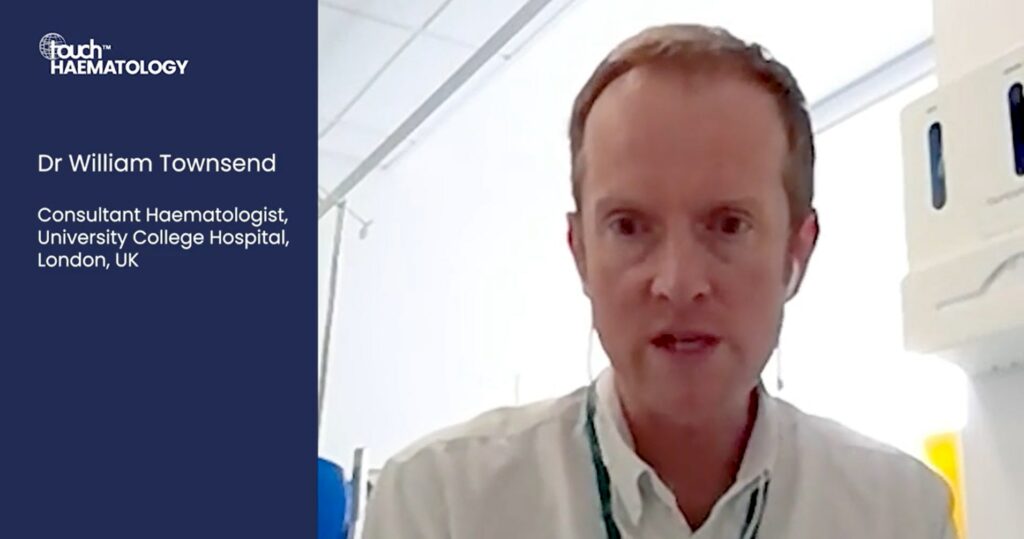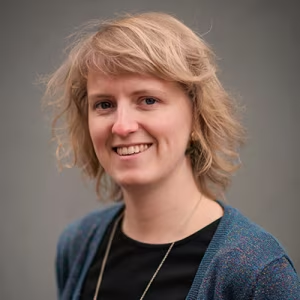
“Research is hard – there’s a lot of failure and rejection – but don’t be discouraged”
Dr Marlies Vanden Bempt (Postdoctoral Researcher, VIB–KU Leuven Center for Cancer Biology, Leuven, Belgium) reflects on key moments in her career – from the calm mentorship of her PhD supervisor Dr Jan Gould to rediscovering her passion for haematology after a move away from research. She discusses the challenges of academic life, the need for resilience and the growing role of AI in the field. As a Young EHA committee member, she values creating opportunities for the next generation of researchers.
Q1. Can you tell us about a mentor who has had a significant impact on your career, and the most valuable lesson they have shared with you?
I’ve worked with many people who have had an impact on my career, but the biggest influence was my PhD supervisor, Dr Jan Cools. He received the EHA Education and Mentoring Award, which speaks to his strengths in that area. He was a great supervisor – he showed me that you can stay calm in any situation. There’s no need to panic. He has brilliant ideas but doesn’t pressure people. Instead, he gets you excited about the work, and that makes you want to give it your best. He also showed me that you can be a kind, supportive person and still achieve strong research outcomes. Now that I’m starting my own lab, I want to take the same approach.
Q2. What aspects of your work do you find the most fulfilling and challenging?
The most fulfilling part is when you do an experiment or work on a project and you’re the first person in the world to understand something new – I think that’s really exciting. The challenging part is taking that result and building a solid story around it. You need to prove that it’s true, and that means thinking through many different aspects and controls. Lately I’m also managing people more and more, and I’ve discovered that I really enjoy seeing others succeed. When someone I supervise presents a poster or has a breakthrough, I feel genuinely proud – sometimes even more than when I present my own work.
Q3. Is there a particular moment or experience in your career that reinforced your passion for your specialty?
Not one specific moment, but after my PhD I took a job as a project manager, which meant stepping away from research. It wasn’t in the field of haematology either. And it was only then that I realized how much I missed both – the research itself and the field of haematology. I do have broad interests, but haematology is what really excites me. That experience made it clear to me that this is where I want to be.
Q4. Looking ahead, what do you anticipate will be the biggest advancements or changes in your field over the next decade?
That’s a difficult question, but I immediately thought of AI. It has already contributed a lot to haematology, and I think that will only increase. As researchers, we have many skills, but we may not always have the right ones to work effectively with AI. We’ll need to learn and adapt to make sure we use this technology in the right way. The future is hard to predict, but AI will definitely be part of it.
Q5. What advice would you offer to those just beginning their journey in your specialty?
It’s a bit like talking to my younger self. I’d say that research is hard – there’s a lot of failure and rejection, and things don’t always go the way you expect. But don’t be discouraged. You need to persevere and be willing to rethink your hypothesis if something doesn’t work. Sometimes your initial idea is just wrong, and you have to take a different direction. It’s important not to let one setback pull you down.
Disclosure: Marlies Vanden Bempt disclosures grant/research support from the Foundation against Cancer, Research Foundation Flanders, Fund Tom Debackere for lymphoma research and King Boudauin Foundation.
Cite: Marlies Vanden Bempt on calm leadership and AI in haematology’s evolving future: touchHAEMATOLOGY Future Leader 2025. touchHAEMATOLOGY. June 20th, 2025
Interviewer: Caroline Markham
This content has been developed independently by Touch Medical Media for touchHAEMATOLOGY. It is not affiliated with the European Hematology Association (EHA). Views expressed are the speaker’s own and do not necessarily reflect the views of Touch Medical Media.
SIGN UP to touchHAEMATOLOGY!
Join our global community today for access to thousands of peer-reviewed articles, expert insights, and learn-on-the-go education across 150+ specialties, plus concise email updates and newsletters so you never miss out.
